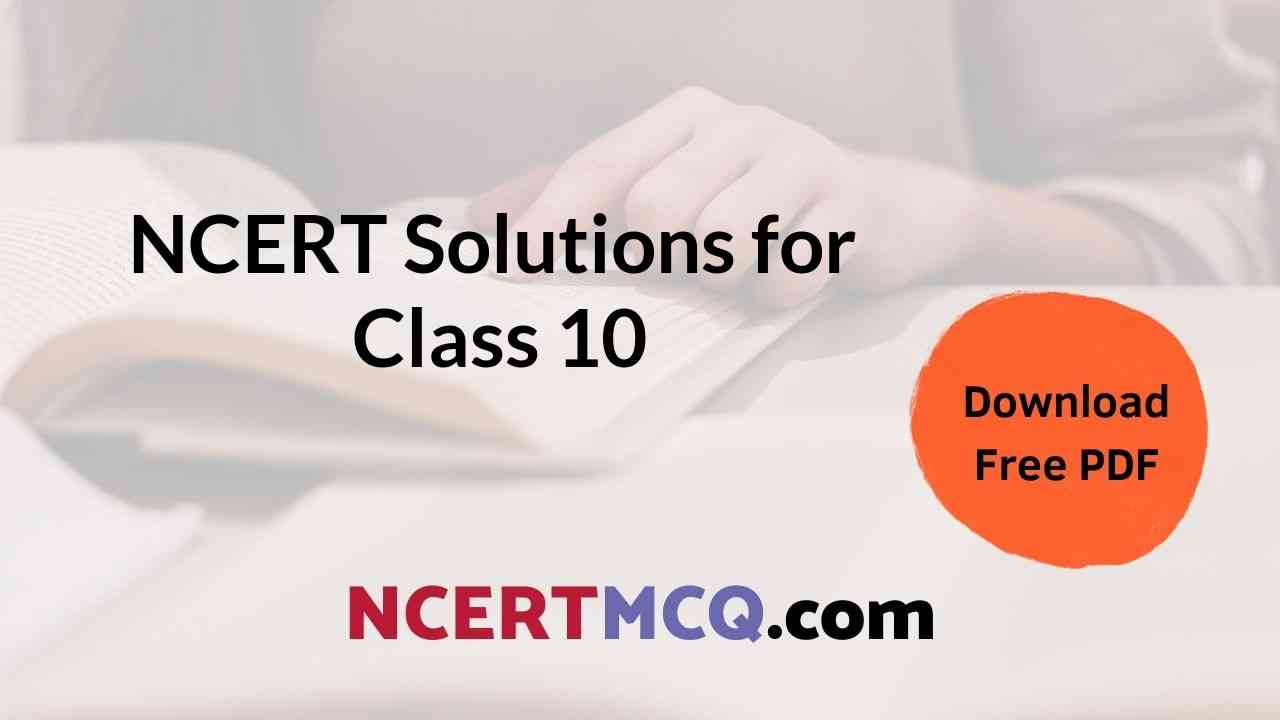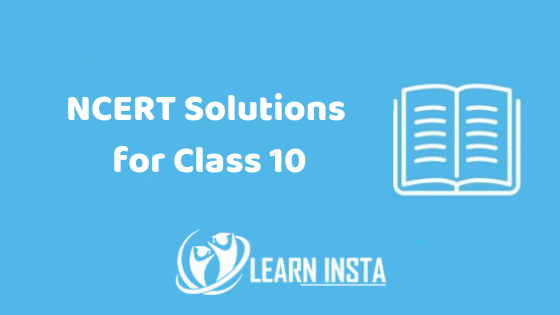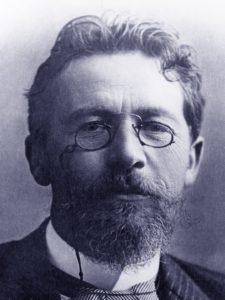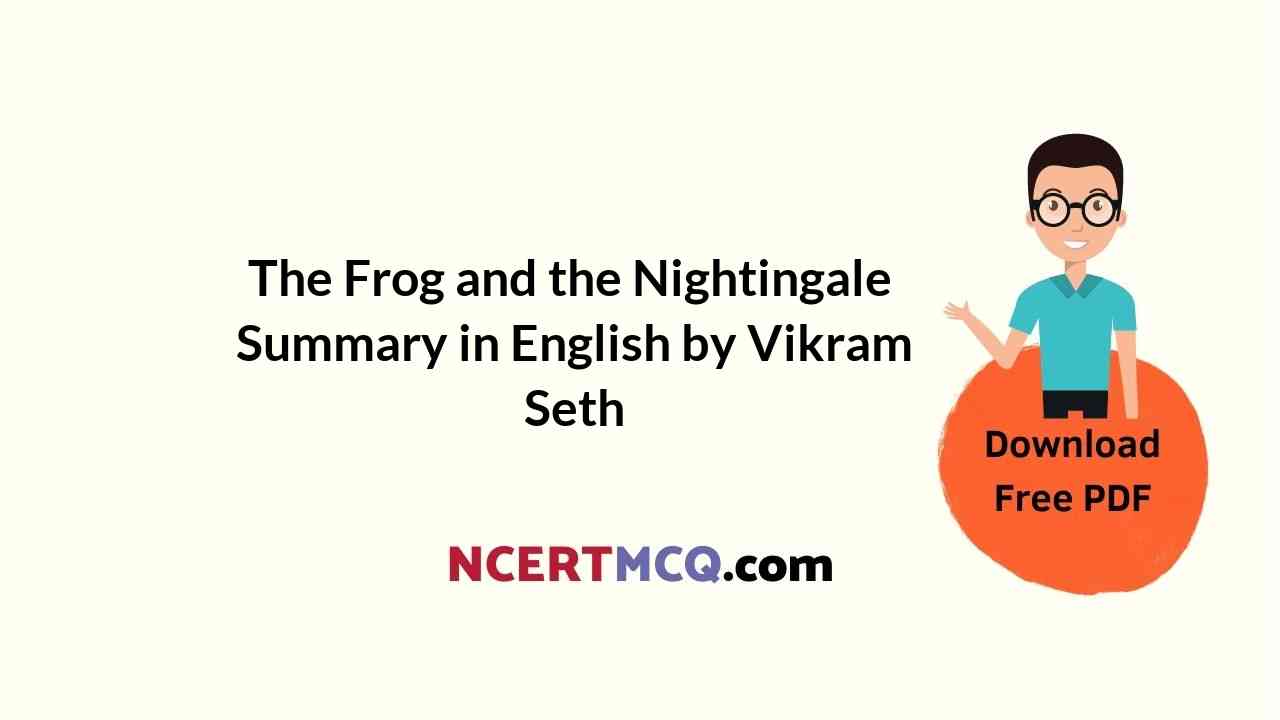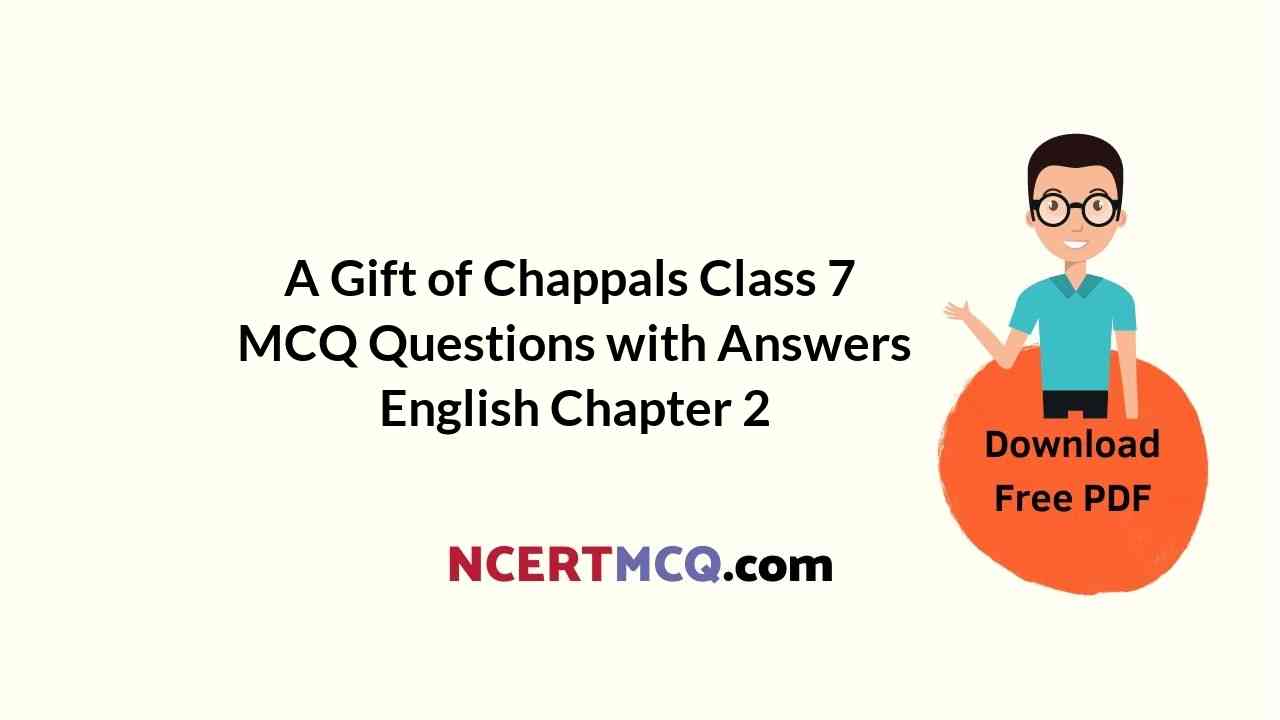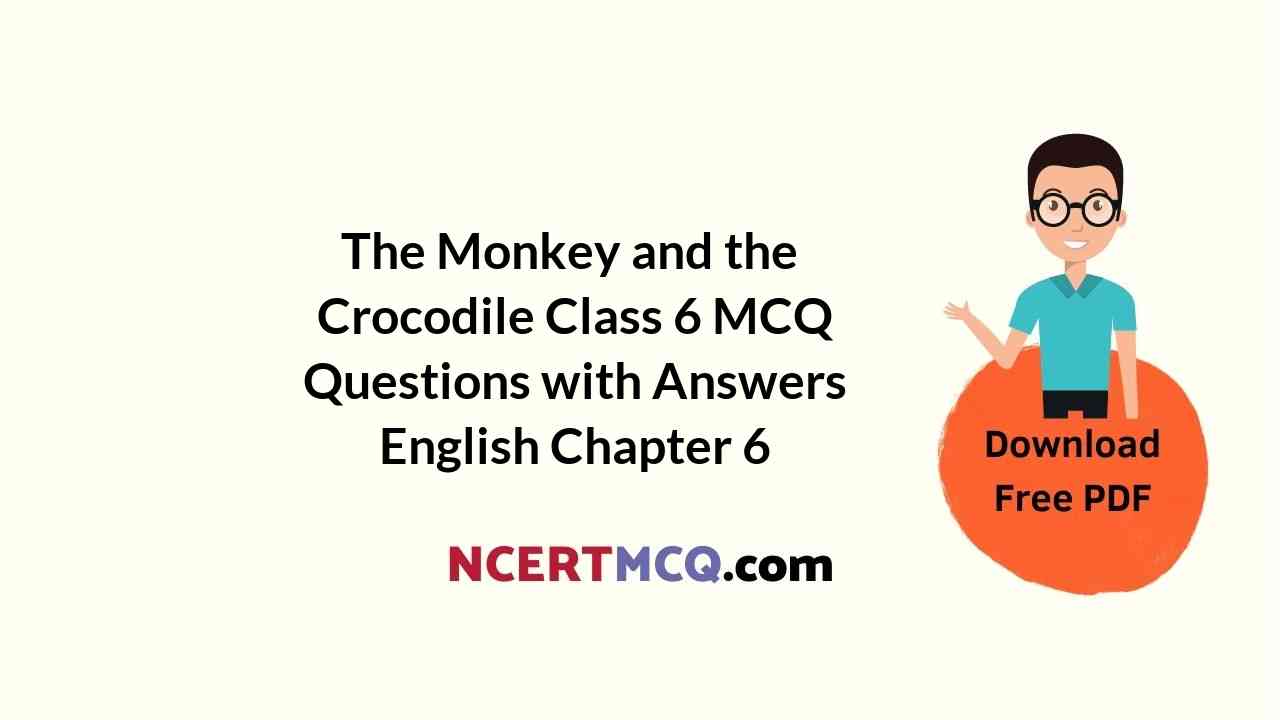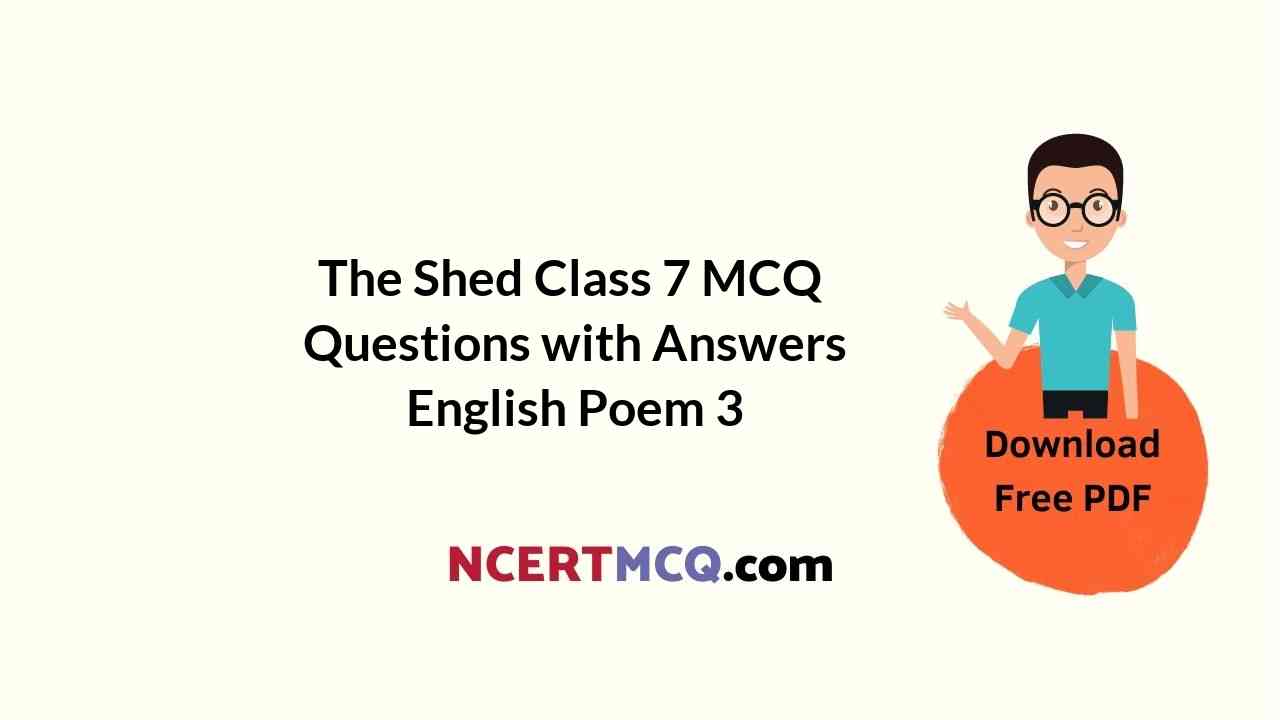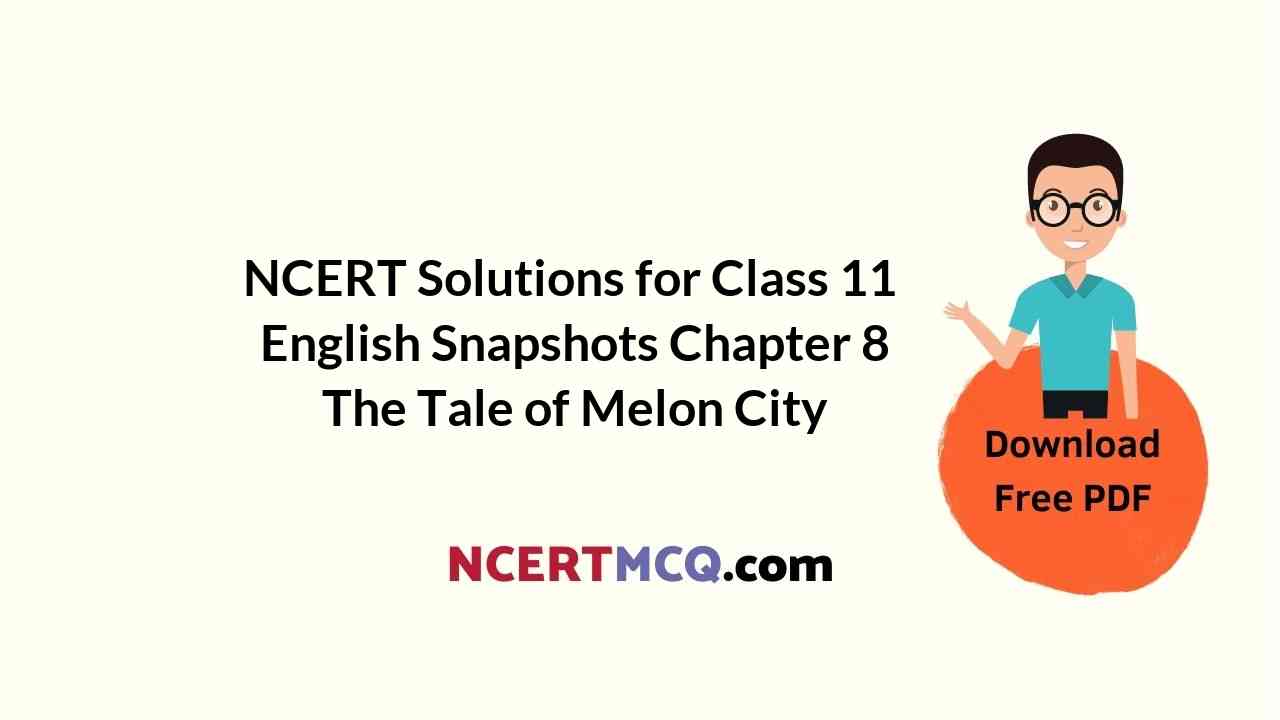We have decided to create the most comprehensive English Summary that will help students with learning and understanding. https://ncertmcq.com/english-summaries/
How to Tell Wild Animals Summary in English by Carolyn Wells
How to Tell Wild Animals by Carolyn Wells About the Poet
Carolyn Wells (1862-1942) was an American writer and poet born in Rahway, New Jersey. She remembered largely for her popular mysteries, children’s books, and humorous verse. Among the most famous of her mystery novels were the Fleming Stone Detective Stories. Her books include A Nonsense Anthology.
| Poet Name | Carolyn Wells |
| Born | 18 June 1862, United States |
| Died | 26 March 1942, New York, New York, United States |
| Nationality | American |
| Movies | Our Mutual Girl, The Countess Charming, The Woman Next Door, Dearie |
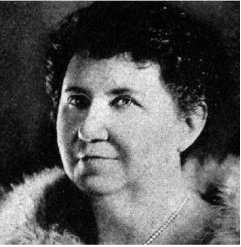
How to Tell Wild Animals Summary in English
This humorous poem suggests some dangerous ways to identify wild animals. The poet says that if the roar of the animal is so fearsome that you feel like you are dying then you can be sure that you are near a Asian Lion, What to do if you see a wild animal with black stripes on yellow body. If he starts eating you then you can be sure that it is The Bengal Tiger. If you happen to see an animal with spots, wait until he leaps on you. Because no matter how hard you cry, it will continue pouncing on you. So, be careful and don’t allow it to leap on you.
Bears can give a really tight hug. Although a friendly hug is referred to as bear hug. But if a real bear will hug you, then it may not feel friendly at all. Some animals are famous for their weird behaviour. For example, a laughing hyena’s voice resembles human’s laughing sound. A crocodile is said to shed tears while eating its prey. So don’t wait for a hyena to laugh or for a crocodile to weep. A chameleon or garden lizard is an expert at camouflage. If you are unable to see a thing on tree then chances are chameleon is sitting there. As it changes colour as per its surrounding it is difficult to see. This capacity of camouflage helps the lizard in saving it from hunters.
How to Tell Wild Animals Summary Questions and Answers
1. If ever you should go by chance
To jungles in the east;
And if there should to you advance
A large and tawny beast,
If he roars at you as you’re dyin’
You’ll know it is the Asian Lion.
How To Tell Wild Animals Summary
a. Where is the Asian Lion found?
Answer:
The Asian Lion is found in the jungles of the east.
How To Tell Wild Animals Summary In English
b. What are its characteristic qualities which enable you to identify it?
Answer:
It is a large and yellowish-brown colour animal, it roars loudly.
How To Tell Wild Animals Short Summary
c. What effect does it leave on you?
Answer:
its roar makes us scared. we feel as if We’ll die.
Summary Of The Poem How To Tell Wild Animals
Question 2.
How does the poet describe the hyena and a crocodile?
Answer:
The poet describes the crocodile and the hyena humourously. The crocodile has tears in his eyes when it comes near its victim. The hyena has happy smiles on its face. But this is not so. The hyena’s face is made like this.
Summary How To Tell Wild Animals
Question 3.
How can you distinguish between a tiger and a leopard?
Answer:
A tiger has a yellow coat. It has black stripes on its body. A leopard doesn’t have any stripes. It has spots on its body. A tiger kills only when it is hungry. A leopard can kill for the pleasure of killing.

